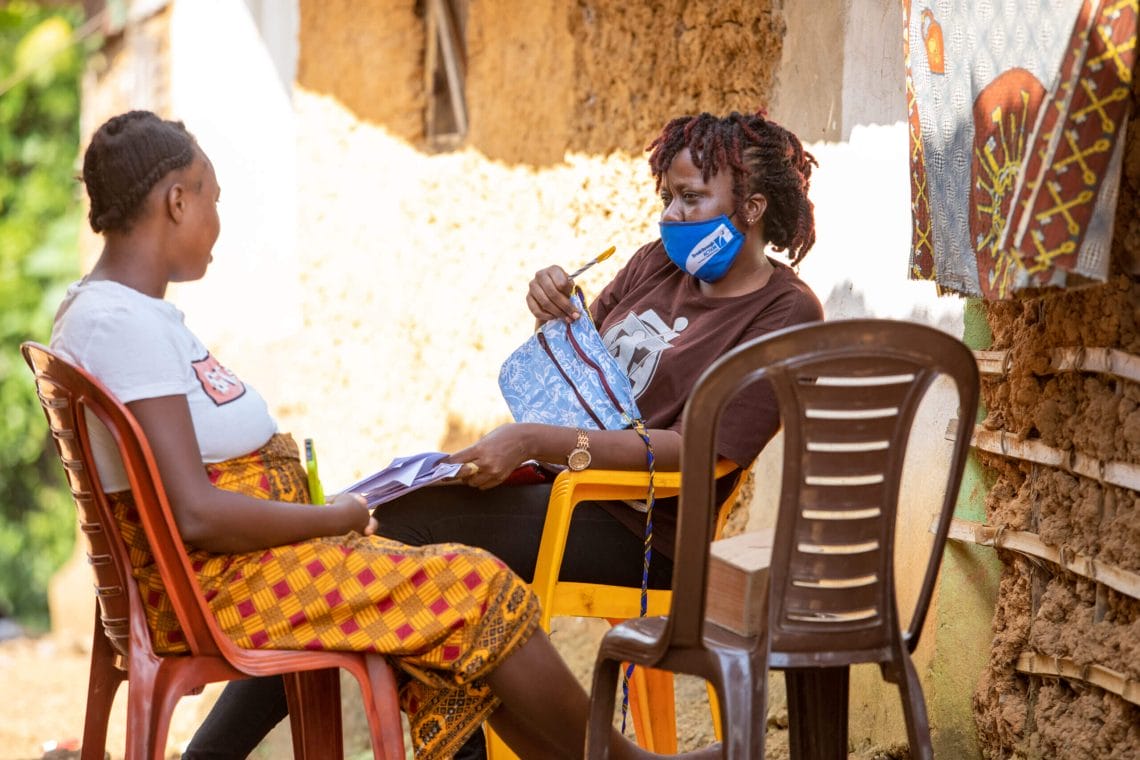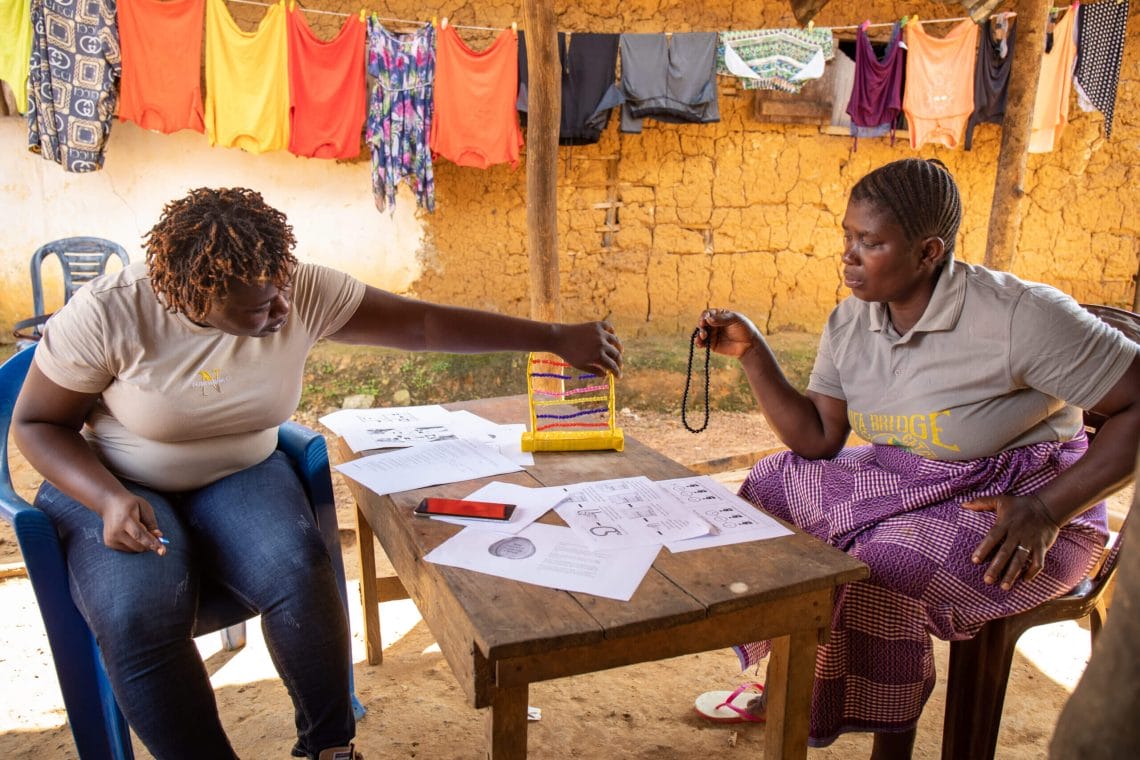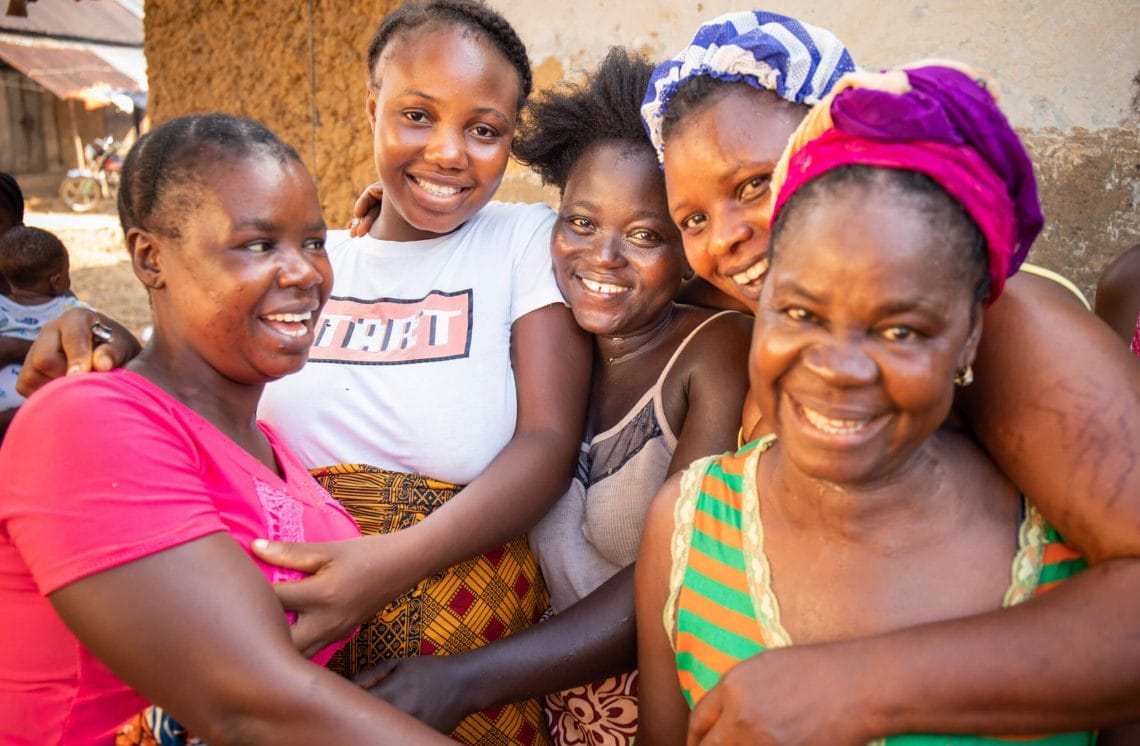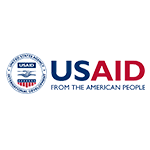Adapting Solutions for Respectful Maternity Care in Liberia
HIGHLIGHTS
- Mistreatment of women during childbirth in health facilities is a documented problem worldwide and prevalent across all country income levels.
- To address mistreament in Liberia, we leveraged promising existing tools to encourage good provider practices and promote respectful maternity care (RMC) during facility-based delivery.
- Based on our final solutions, the Liberian government is committed to introducing a policy around promoting respectful maternity care and our approaches will contribute to this policy.
The Challenge
Mistreatment of women during childbirth in health facilities, especially in the form of health providers insulting, scolding, or treating clients harshly, is a documented problem worldwide and prevalent across all country income levels. Research has documented not only the human rights implications of such mistreatment but also the impact this mistreatment has on future care-seeking decisions for women and children, as well as health outcomes during delivery. While several studies have highlighted promising approaches to promote RMC, this body of literature is still limited and few approaches have been scaled outside the initial study sites.
Our Approach
To promote RMC in Liberia, we built upon formative research and prior work conducted in Zambia under the USAID–funded Breakthrough RESEARCH project and in partnership with the USAID-funded Safe Motherhood 360+ project. The project in Zambia identified the behavioral challenges that impede providers from following good clinical practices and providing respectful care during facility-based delivery. Based on these identified challenges, the team in Zambia developed a solution package to improve RMC that showed promising results during an initial pilot period.
This prior work presented an opportunity for our team in Liberia, working under the USAID–funded Breakthrough ACTION project, to take existing RMC solutions and adapt them for the Liberian context. After extensive user-testing across two counties in Liberia and feedback from stakeholders, including the Ministry of Health and implementing partners, we adapted the following solutions:
- A “provider-client promise” introduced during intake.
- A pain management toolkit.
- A client feedback box.
- An RMC reflection workshop for health providers.
Read more about these solutions here.
Results
The adapted solutions are currently planned to roll out within two districts in Liberia, with potential for scale across several additional districts. The Breakthrough ACTION project will also be engaged in discussions with the Ministry of Health around a policy for promoting respectful maternity care.
Takeaway
Effective solutions are needed to ensure that a woman’s delivery experience is absent of mistreatment and that she receives supportive and compassionate care. This project illustrates opportunities for practitioners to adapt and build on prior work to translate solutions across settings while using behavioral approaches to inform policy change.
Interested in our work applying behavioral science to global health? Email gh@ideas42.org or tweet at @ideas42 to join the conversation.
Partners













